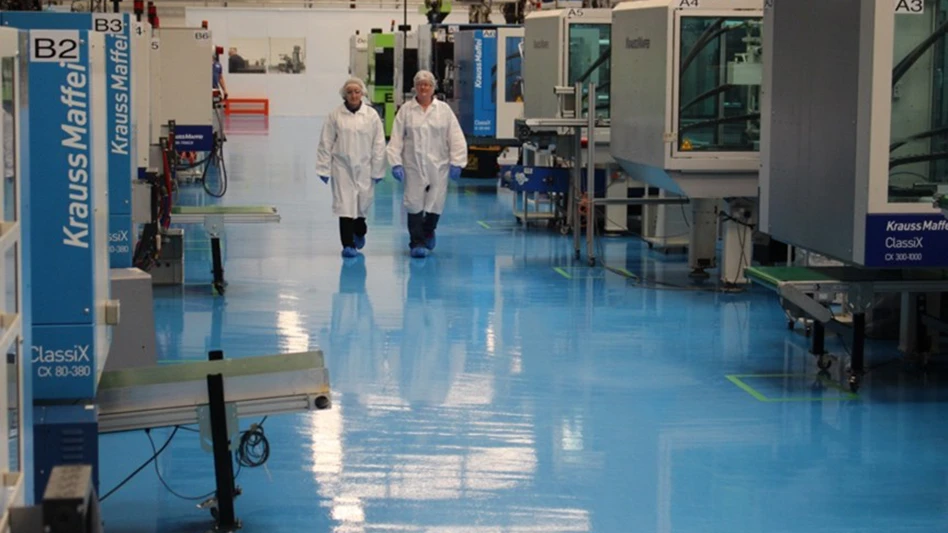Companies with field service management departments report low levels of access to systems used to manage work at customer sites, according to a new IFS-sponsored study. The study is based on a survey of executives from industrial companies with $50 million or more in revenue – all of which operate field service management workforces. Medical device markets play heavily in the field service management sector.
According to the study, 68% of companies currently involved with field service management report little to no mobile access to enterprise service and asset management data from mobile devices. The study also indicates that companies with teams of field service technicians only have marginally better mobile data access than those performing service management internally – on their own equipment and assets.
“Given that field service management work takes place at remote locations, it is obvious that the ability to interact with the software used to manage that work is extremely valuable,” IFS North America Senior Vice President Larry Laux states. “The vast majority of field service management software vendors offer mobile solutions, but these are clearly not being leveraged fully. We address this problem by integrating mobility into the core of our field service management software offering and enterprise applications suite.”
The study, “Mobility in EAM Software,” is based on a survey of 200 North American industrial executives. It is available for free download at: http://download.ifsworld.com/studies.
Latest from Today's Medical Developments
- Boston Scientific to acquire Penumbra, expanding cardiovascular portfolio
- Star Cutter introduces Double Pilot Reamer
- #80 Manufacturing Matters - Machining Strategies to Save Time and Improve your Process for MedTech Components with Kennametal Inc.
- Real-world parts and expert manufacturing advice
- Experts discuss the latest in toolholding technology
- How permanent magnets are powering medical innovation
- Forecasting the year ahead in design and manufacturing
- Tecomet, Orchid Orthopedic Solutions announce merger agreement





